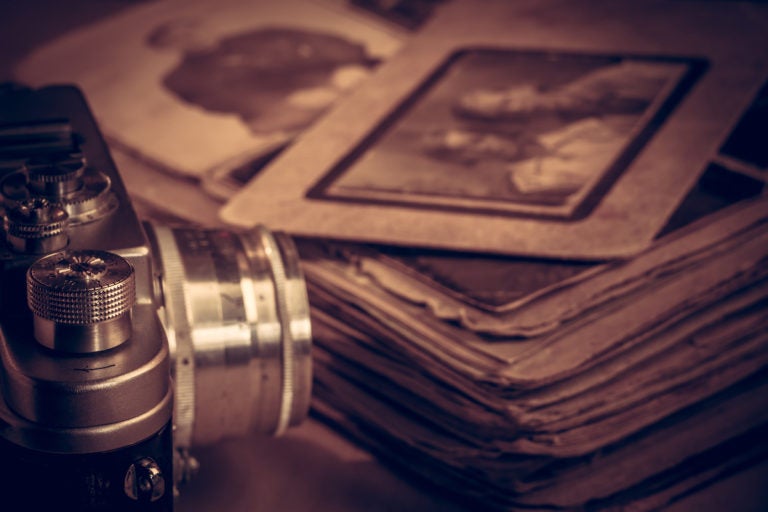Working Memory
Listen 48:32
Bigstock/YuriiZ
Think about the millions of details stored in your memory: what you had for breakfast; how to get to work; the smell of lavender; your first kiss; a great vacation; how to calculate percentages.
So much of our existence is based on our memory. All of the small and big things we accomplish and do every day tap into this system. But how does memory work? Why do we remember some things and not others? On this episode, we look at memory. We hear stories about what scientists say happens to our earliest childhood memories; people who cultivate a practice of remembering their dreams; and a new therapy that uses the senses to improve recall among people with dementia.
Also heard on this week’s episode:
- Michael Yassa, professor of neurobiology at the University of California Irvine, explains what we know about how memories are stored and accessed in our brains.
- We look into the “jukebox” in our heads that stores thousands of songs and melodies — and seemingly plays them at random.
- We explore the relationship between creativity and memory with Kevin Paul Madore, a research psychologist at Stanford University. We need memory to be creative, but sometimes it can be a tricky partner when we’re trying to come up with something brand new.
Segments from this episode
WHYY is your source for fact-based, in-depth journalism and information. As a nonprofit organization, we rely on financial support from readers like you. Please give today.






